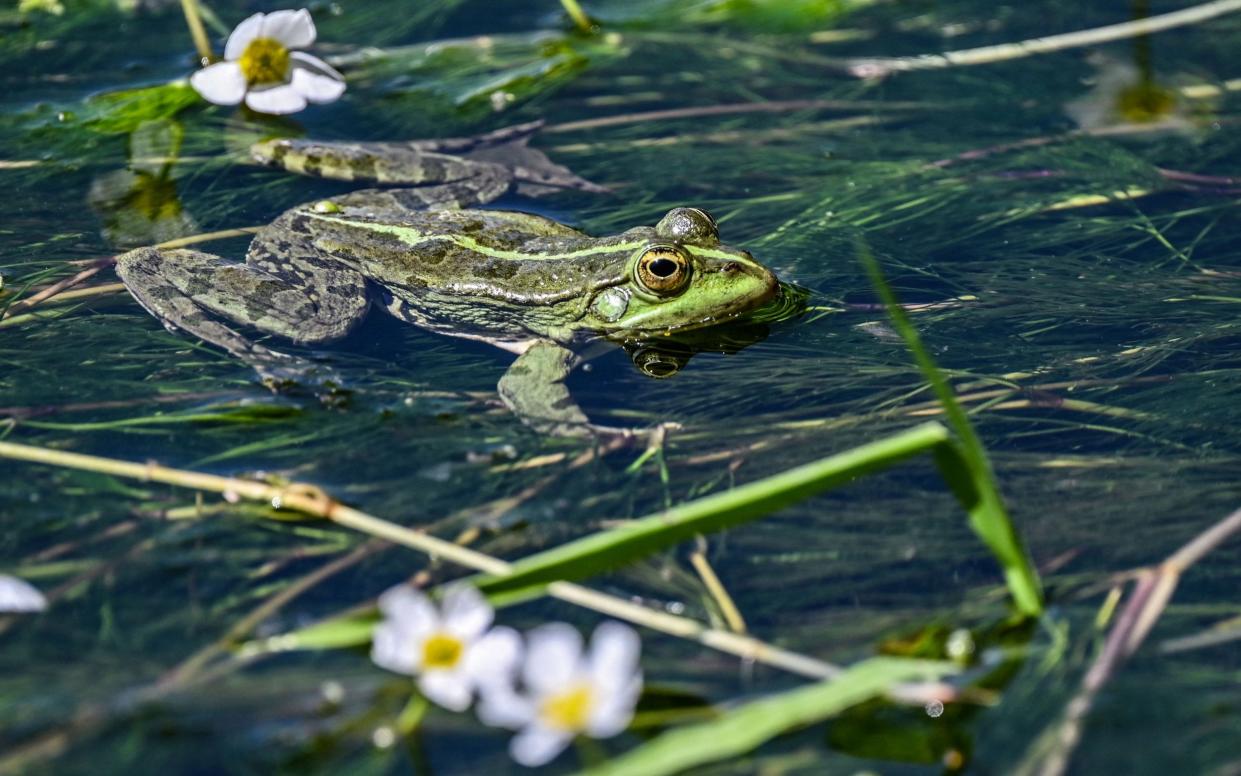Macron urged to place controls on frog leg imports

Conservationists have pleaded with French president Emmanuel Macron to place controls on frog leg imports over fears that one of the country’s most beloved delicacies is destroying ecosystems on the other side of the globe.
“Urgent measures” are needed to combat a decline in amphibian populations in Indonesia and Vietnam caused by France’s hunger for frog thighs, a group of more than 500 conservationists and scientists said in a letter addressed to Mr Macron this week.
The letter argued that the international trade in frog legs was “a major threat” to several species and risked causing “cascade extinction effects”.
Capturing wild frogs for commercial uses is banned in the EU, something that has led French restaurants to look further afield to supply their guests with the famed delicacy.
The EU imports more than 4,000 tonnes of frog legs annually, with the majority of that meat supplying the French market. Major suppliers include Indonesia, Vietnam, Turkey and Albania.
The letter pointed out that frogs play a crucial role in their ecosystems by eating insects that can carry disease or damage crops.
“Are the French condemned to always be ‘the frogs’?” asked Charlotte Nithart, director of Robin des Bois, a conservation non-profit that helped organise the petition.
Populations of some frog species in Turkey could go extinct by 2032 if nothing is done to regulate the trade, the letter warned.
Absurd trade
Pro Wildlife, another NGO that took part in the appeal, described the import of frog legs from outside the EU as “absurd”.
“Wild populations of frogs in Europe are protected by European legislation. But the EU still tolerates the capture of millions of animals from other countries, even if it threatens those countries’ frog populations,” said Sandra Altherr, the head of science at Pro Wildlife.
It is not clear how much resistance such controls would face.
“There would be no revolution” if the government imposed a ban on imported frog legs, French food critic Francois Simon told The Telegraph.
“It is a forgotten food for French people that is only served in a few nostalgic restaurants,” he said, adding that restrictions on imports may even be welcomed as the French are increasingly concerned about buying organic, homegrown produce.
Concerns over the treatment of frogs that are served up on the plates of French bistros have been growing in recent years, with animal rights protesters condemning the fact that the animals are dissected while still alive.
Recently, a small group of French farmers have started to breed the amphibians in farms, with a growing number of French restaurants preferring to source their frog meat from these local producers.
However, domestically produced frog legs still only make up a fraction of the overall market.


